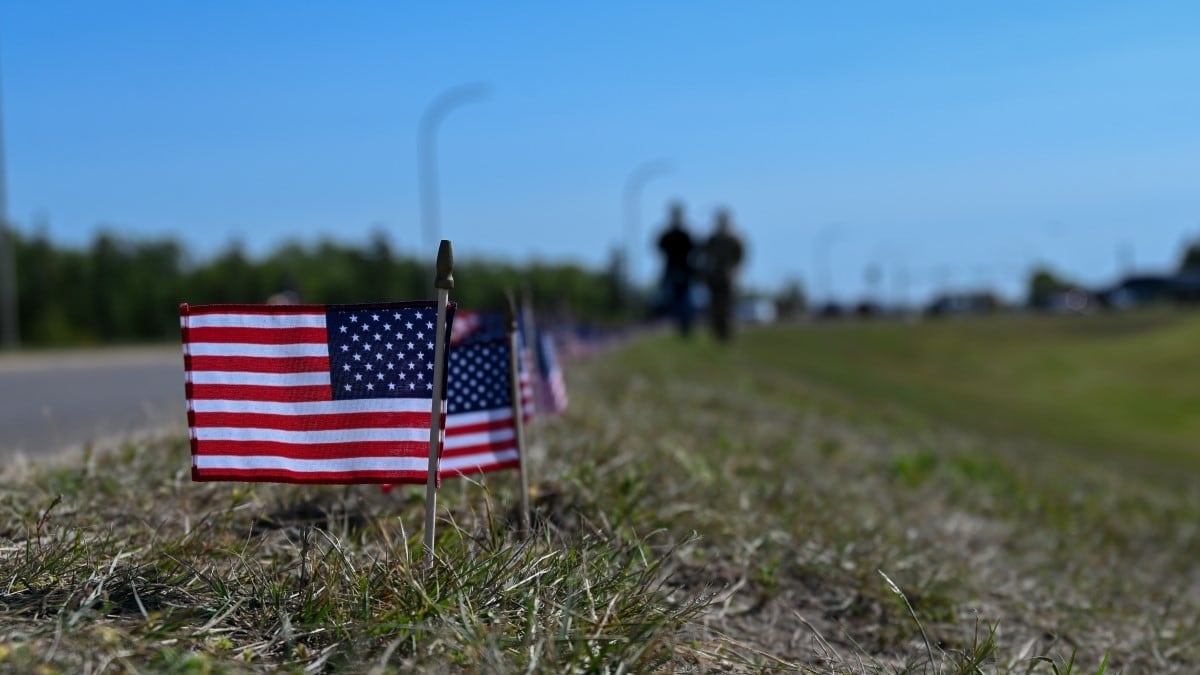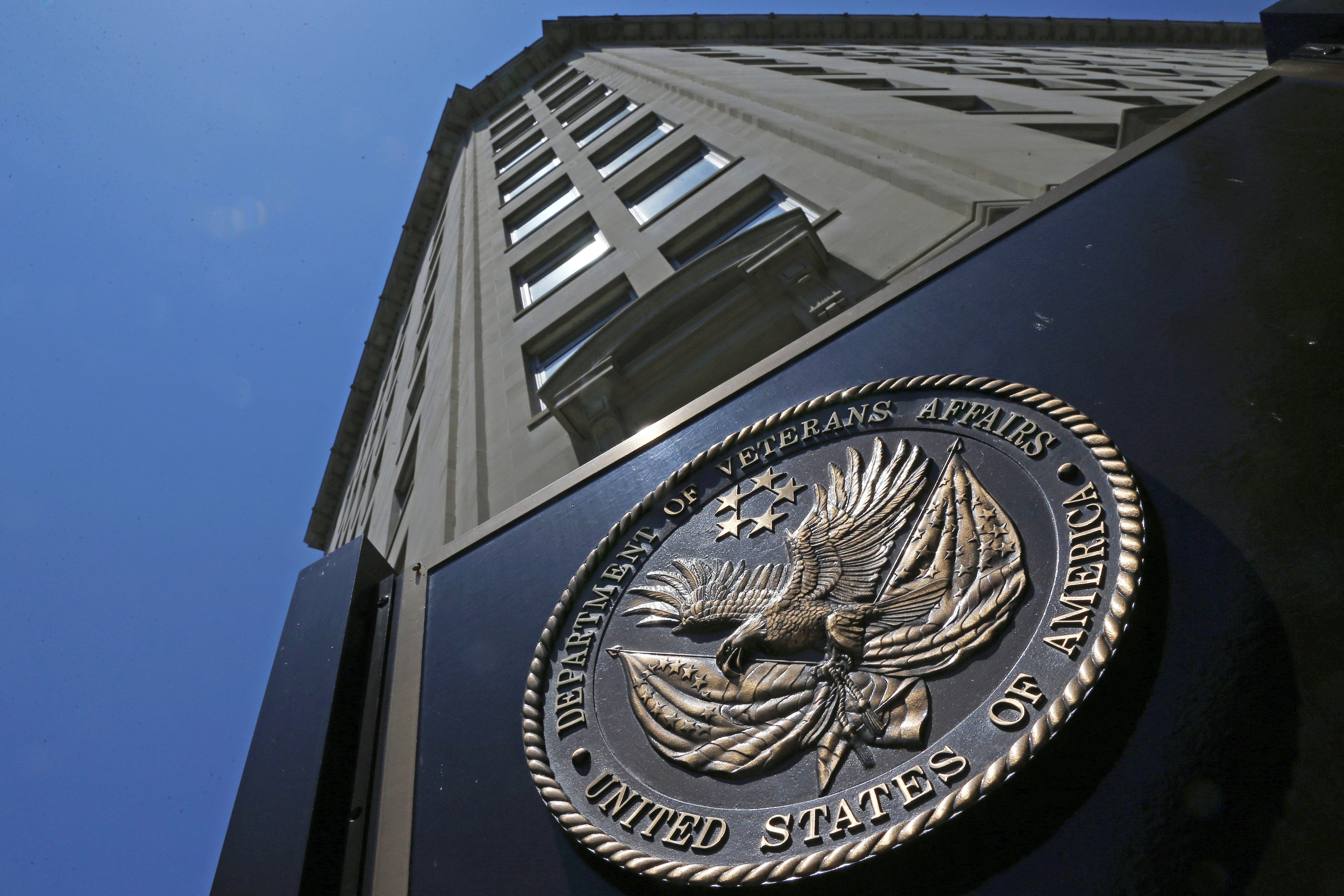CHARLESTON, S.C. — And then, on the deck of the giant container ship OOCL Korea, they prayed together.
It only took a moment. Jake Corpuz, the 27-year-old Filipino seafarer with a wife at home and a child on the way, was all smiles. He would return in plenty of time for the birth, after about five months at sea. Father Richard Grimball, Father Len Williams, Deacon Paul Rosenblum and Corpuz clasped hands as Grimball offered a thoughtful prayer for safe passage and for strong families.
The ship's 28 crew members are mostly Chinese but include four Filipinos who identify as Christian. This was the third and last stop along the East Coast of the United States. First was New Jersey, then Savannah. Now, the crew was parked at the Wando Welch shipping terminal, awaiting the hours-long offloading of containers, scheduled to begin later that evening.
The next morning, a few might accept the offer of the three port chaplains and head to Walmart for a little shopping before leaving Charleston and heading all the way to China, via the Mediterranean Sea, Suez Canal, Red Sea, Gulf of Aden, Indian Ocean and beyond.
The three chaplains work for the Charleston Port & Seafarers' Society, an ecumenical Christian organization that looks after the needs of mariners crisscrossing the globe, and of the stevedores on shore. The ministry chaperones seamen to local stores, provides free Wi-Fi, sells SIM cards at cost, shares Bibles, rosaries and other religious items, offers gift packages and joins ship crew in fellowship — at meals and on the docks.
The society operates at all three of Charleston's port terminals: Wando Welch, North Charleston and Columbus Street. It relies on dozens of volunteers who work four-hour, daytime shifts, visiting seafarers on ships and providing support on land.
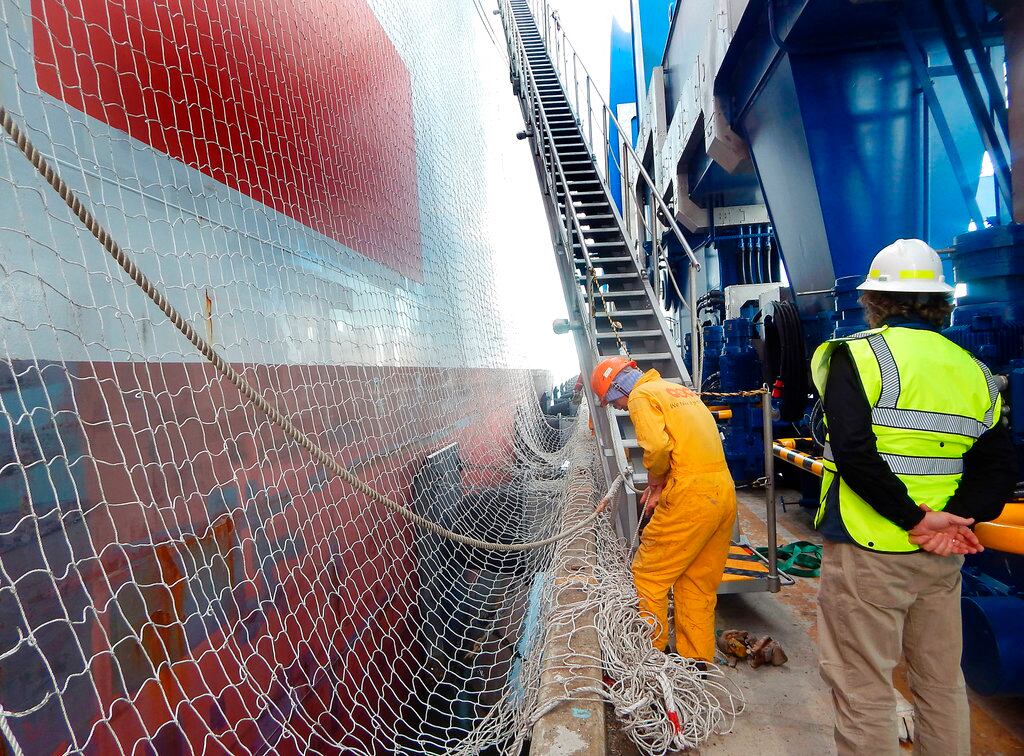
The organization now is going through a changing of the guard. Administrator Jerry Baldwin and chief chaplain Arthur Linwood “Len” Williams are retiring at the end of the year. Grimball will take over for Williams. Clark Cromwell will step in as the new administrator.
On Nov. 27, the team loaded gift-wrapped Christmas presents into its van and drove the short distance to the water's edge where the enormous, 1,200-foot-long, 141,000-ton OOCL Korea was tied down, its 75-step gang plank extended from the tower to the floor of the terminal. At the bottom of the steps, the chaplains piled 28 boxes full of supplies: shaving cream, soap, toothpaste, shampoo. Crew members brought it all on board.
"There are two reasons why we do this," said Rosenblum, who is paid by the Catholic Diocese of Charleston. "We are dependent on these men and women and need to say thank you. And the theological reason is we are here to bring the Lord to these people. There are two (primary) commandments: Love God, Love your neighbor."
And there it is in a nutshell.
"We go to the ships every day and ask about the need," Grimball said.
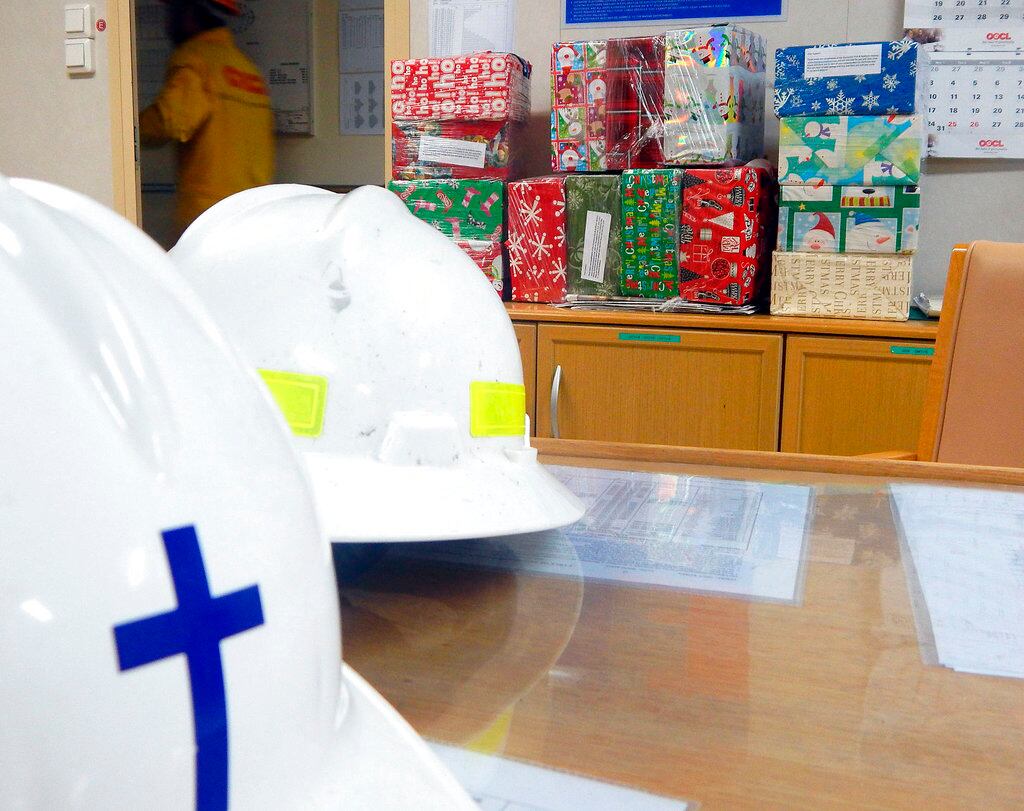
The Port of Charleston is a busy place; the ships come and go. Last year, 844 vessels docked at the Wando terminal, according to the Ports Authority. The three terminals hosted a total of 1,700 ships, or an average of 4.7 a day. Each ship typically has 23 crew. Nearly half are Filipinos, Baldwin estimated. Mariners from Eastern Europe and Russia make up about a quarter of the total. And perhaps 15 percent are Indian. The remaining 10 percent are a mix of various nationalities.
These days, the vast majority of transport vessels are foreign, Baldwin said. The number of U.S.-based container ships plying international waters has declined precipitously in the last few decades.
Nearly 60,000 seafarers pass through Charleston each year, and many spend money at local stores (especially Walmart), contributing millions of dollars to the local economy, Williams noted.
But shopping isn't usually the first priority.
"The biggest need is contact with home," he said.
Mariners spend up to nine months at sea, then get two or three months off, and this can be trying for the men and women who populate these ships, and for their families, the chaplains said. Another reason why prayer sometimes is so welcomed.
"With the continued growth and success at SC Ports, the service that the Charleston Port & Seafarers' Society provides to the mariners arriving on cargo vessels is immeasurable," Barbara Melvin, senior vice president of operations and terminals at the Ports Authority, said in a statement. "We congratulate Jerry Baldwin and Father Len Williams on their retirements, and look forward to a continued successful partnership with the organization's new leadership and members."
The Seafarers' Society got its start 198 years ago, in 1820, when a group of Charleston residents sought to share the gospel with seamen and founded the Baptist-affiliated Mariner's Church on Church Street.
The Charleston Port Society was incorporated in 1823. Not long after, the Church Street property that was known as the Old Mariner's Chapel was sold and the enterprise moved in 1847, thanks to a gift from the city, to the corner of Meeting and Society streets, where the building was used as a home and chapel for mariners — until the Civil War ended the ministry's use of the property.
But a church is its people, not its building, and eventually, in 1916, the local diocese of The Episcopal Church partnered with the Charleston Port Society to construct the Church of the Redeemer Chapel and Harriott Pinckney Home for Seamen at the corner of Market and East Bay streets.
RELATED
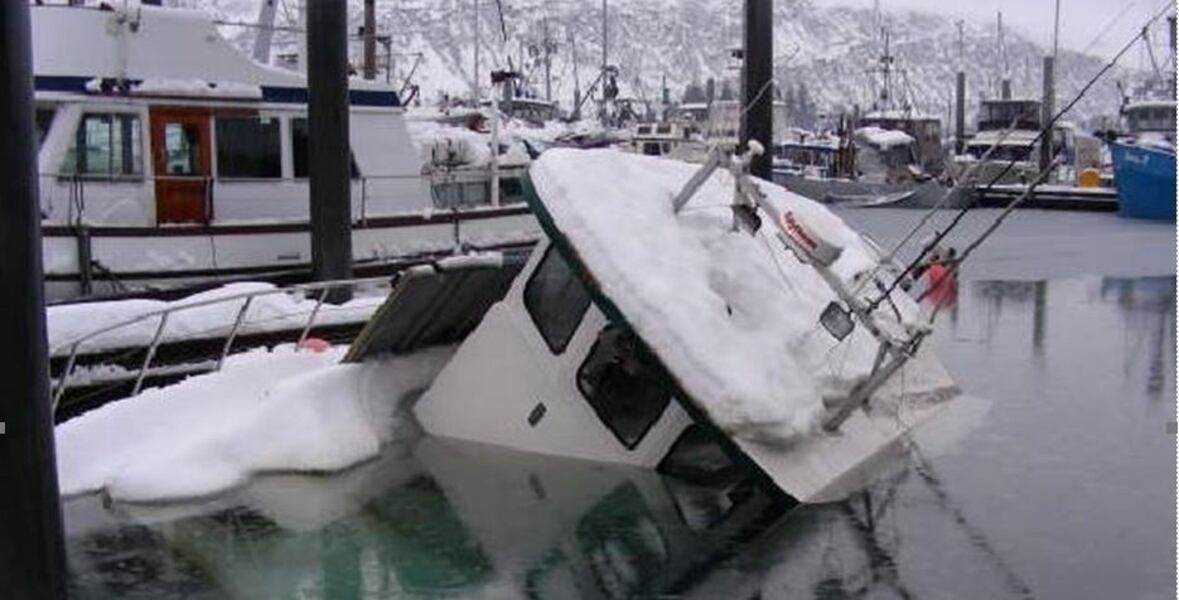
The home and chapel were in use until the 1950s, when port schedules changed, leaving mariners much less shore time. The society went quiet.
But in October 2001 it was resurrected and incorporated as the Charleston Port & Seafarers' Society. Williams was among the first to join the renewed enterprise when he returned to Charleston after 20 years in Memphis, he said. Affiliated with Grace Church Cathedral, Father Len, as he is called, was instrumental in the revitalization of the ministry.
Grimball, who is affiliated with the Anglican St. Michael's Church, is happy to take over for Williams, he said. He served as a school chaplain for many years before taking a break from ministry work to maneuver heavy equipment — a tractor-trailer, a concrete mixer. But then he was called (literally and spiritually) to return to the chaplaincy.
"I love walking the docks, meeting longshoremen, meeting the crews," he said. He loves being near the big ships, the enormous cranes, the lumbering trucks transporting containers to and fro. "This satisfies the little boy in everybody."
Rosenblum has been a society volunteer for 15 years, but made it a full-time job after he retired from teaching biology at The Citadel in 2017. As a deacon of the Catholic Church, he takes the commandment "Love your neighbor as yourself" very seriously.
On board the OOCL Korea, he tells the second-in-command that he and his colleagues are eager to help.
"We need to take care of you, it's what we do," he says. "Some day you'll see me walking down the street in your town (in China). People are people; we have the same wants, same needs."
As Rosenblum, Grimball and Williams chat with the Chinese officer, crew members haul the gift boxes, four at a time, up the steep 75-step gangway and through the narrow hallways of the ship tower, stacking them in the meeting room. The ship is set to push off the dock around noon the next day and remain at sea for about one month. It won’t stop until it reaches China.



